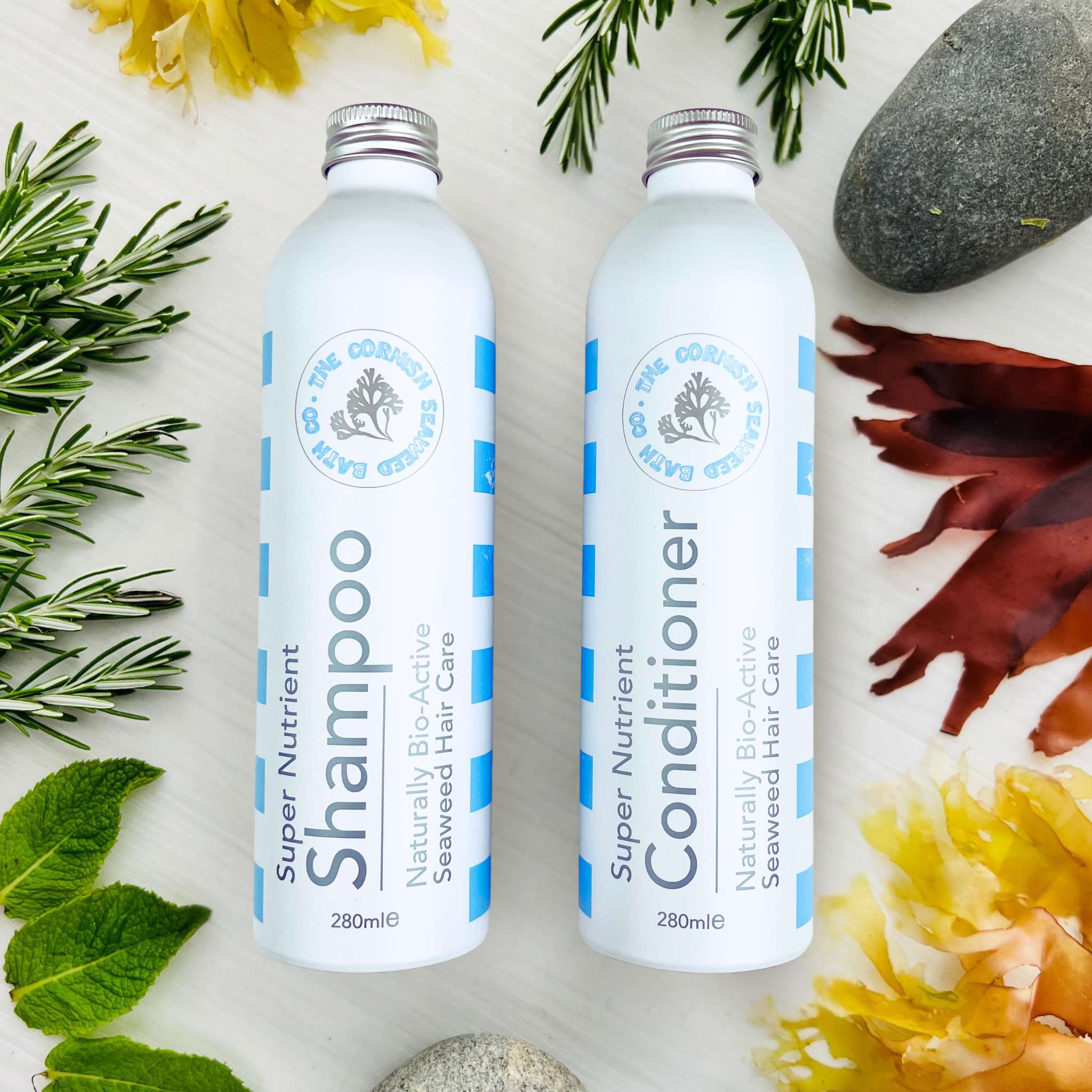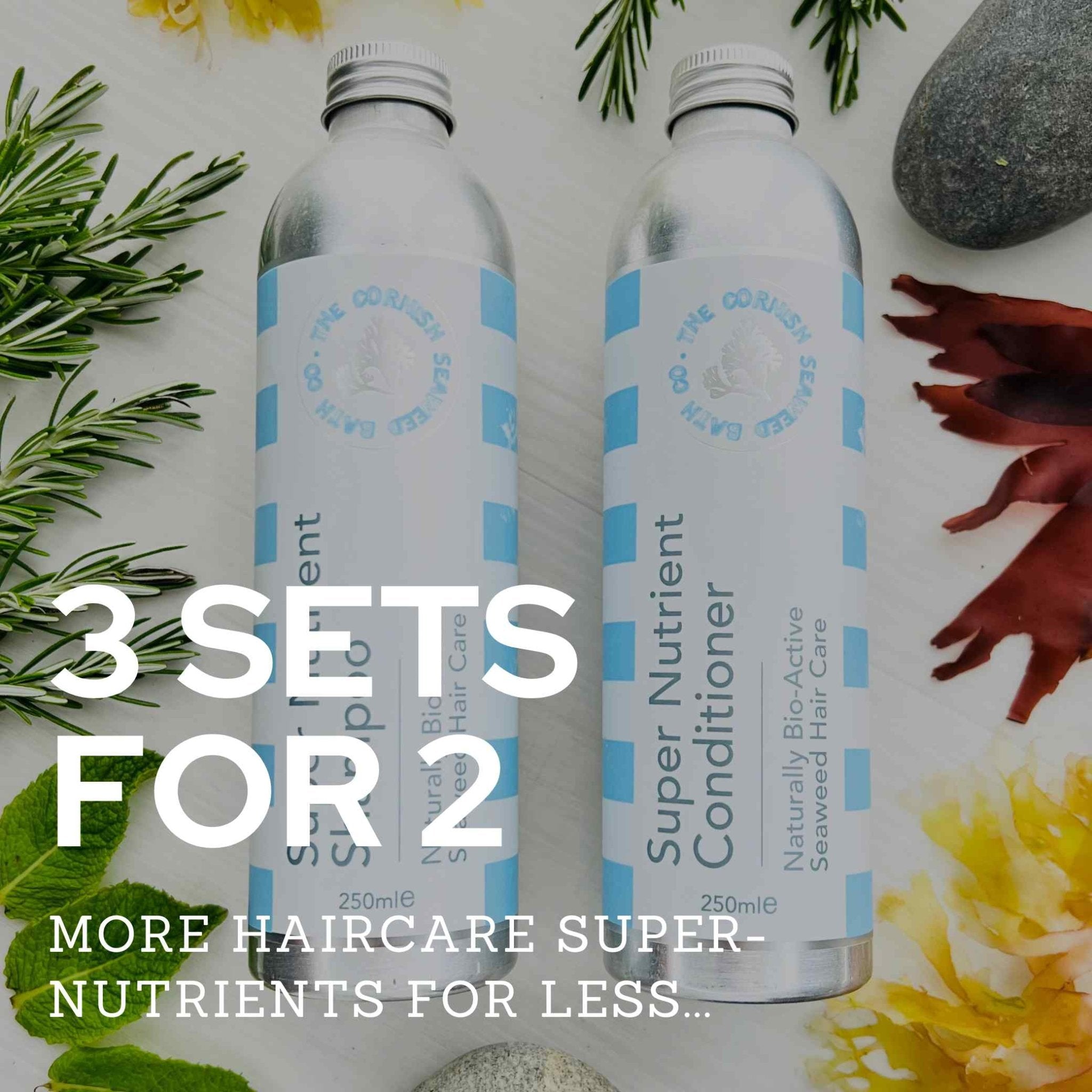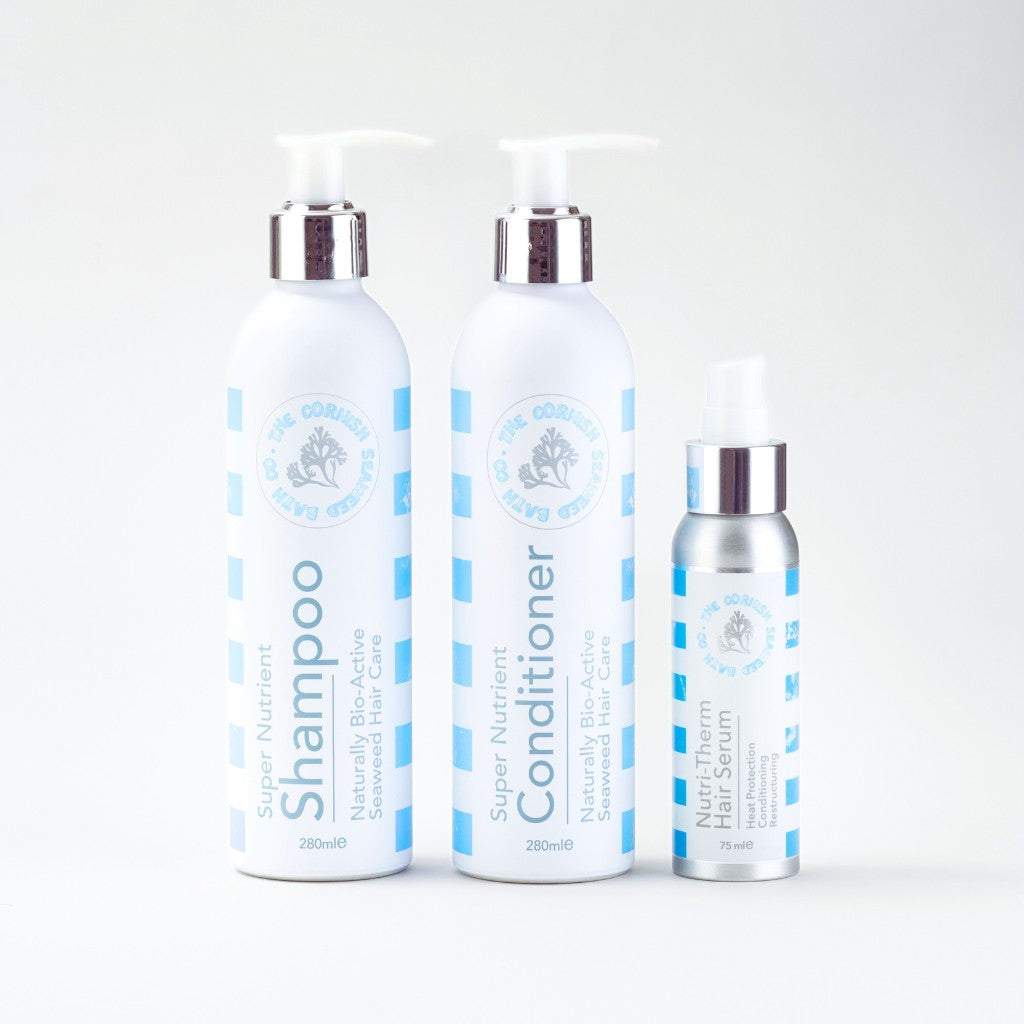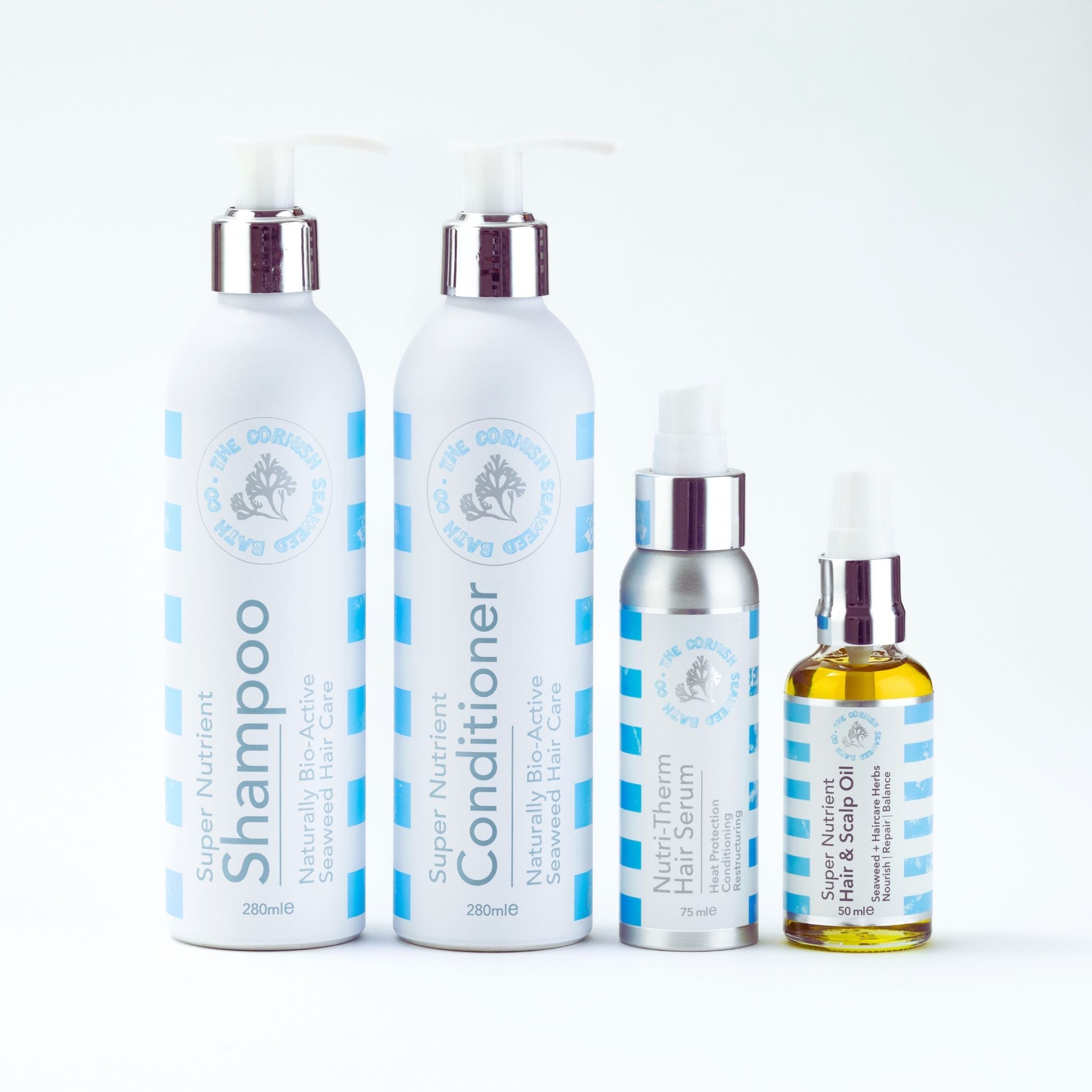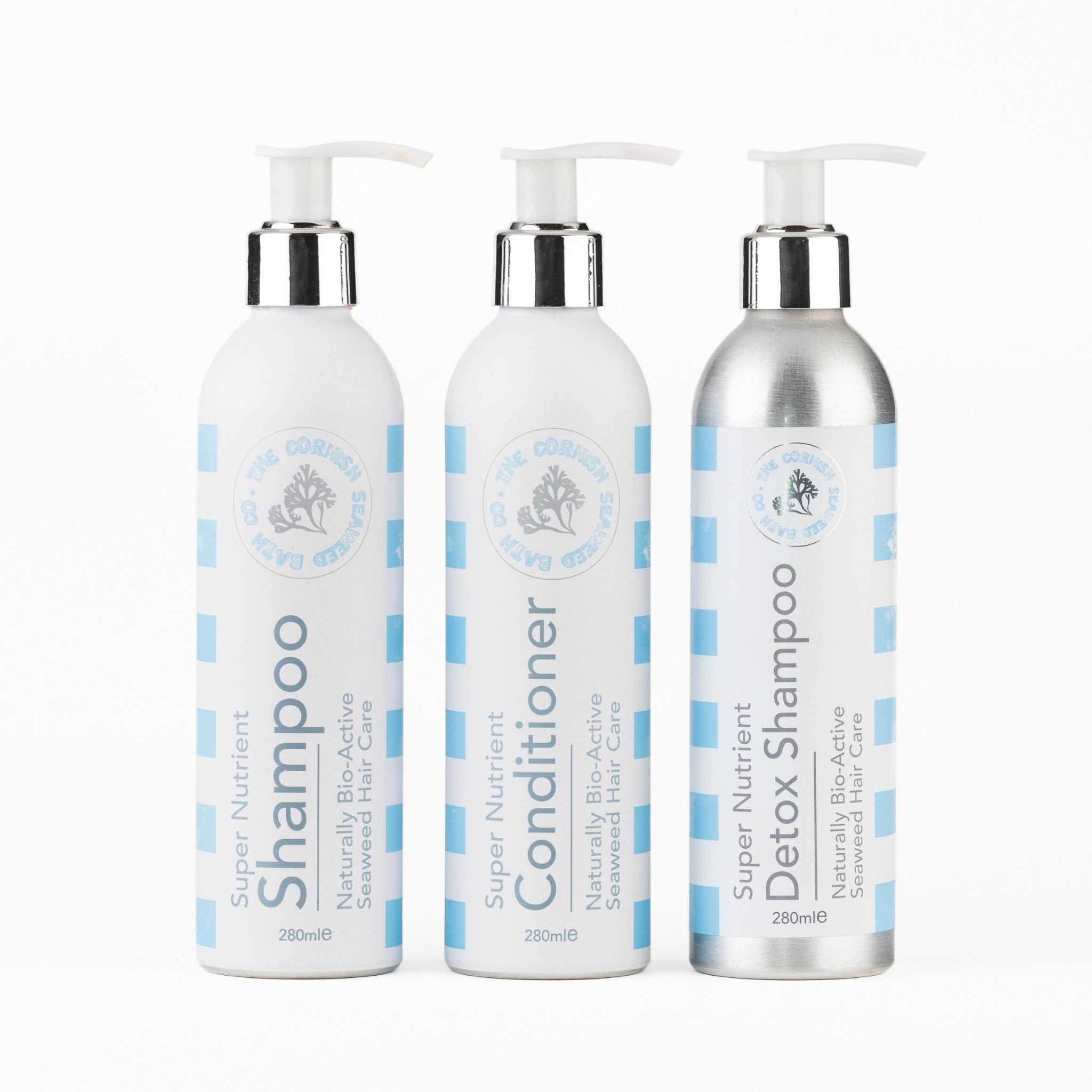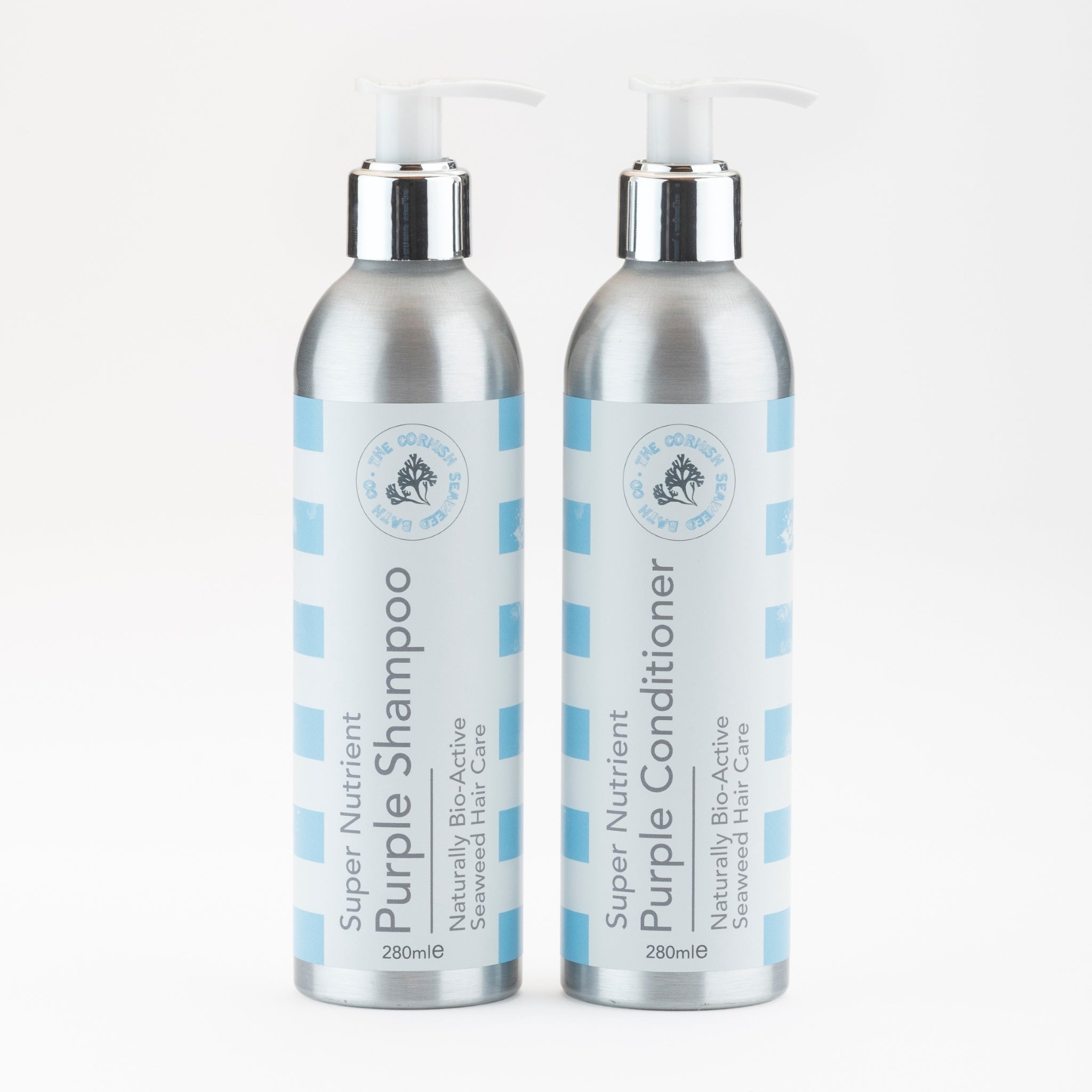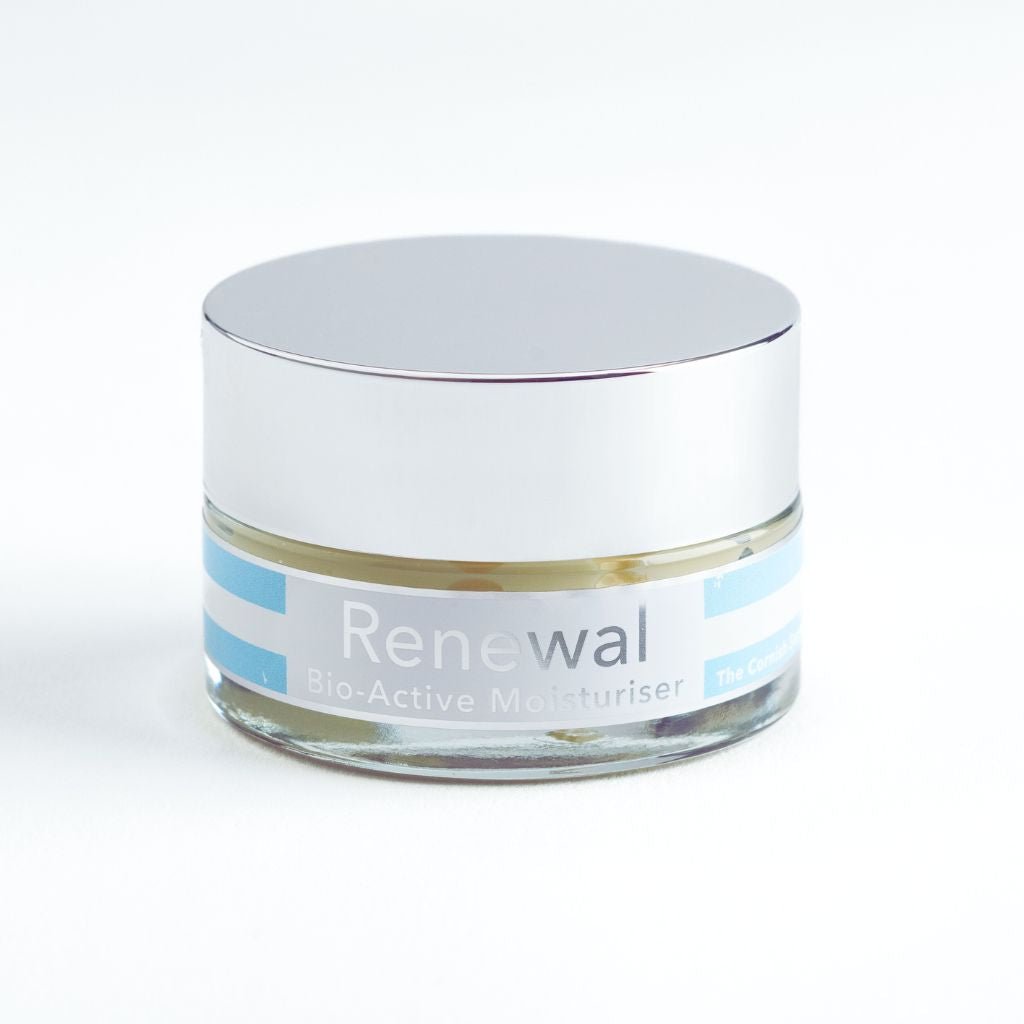Key Takeaways
- A soap saver enhances drainage and airflow around your bar soap, preventing mushiness and extending its lifespan.
- There are various types of soap savers including riser pads, fabric bags, and bioplastic options, each suited for different needs and environments.
- Choosing the right soap saver depends on your soap’s size, maintenance preferences, and bathroom aesthetics.
- Regular cleaning and proper drying of soap savers are essential to prevent mould and maintain soap quality.
- Fabric soap saver bags can also serve as exfoliating tools and help use up small soap remnants efficiently.
Table of Contents
- What Is a Soap Saver?
- Exploring Types of Soap Savers
- Choosing the Right Soap Saver for Your Routine
- Soap Saver Care & Maintenance
- Practical Use Cases & Troubleshooting
- Where to Find Quality Soap Savers
- Soap Saver Showdown, How Options Compare
- Practical Soap Saver Use Cases & Troubleshooting
- DIY: Cornish-Style Knitted Soap Saver Pattern
- Sustainable Soap Saver Practices
- Summary and Next Steps
What Is a Soap Saver?
A soap saver works by separating your precious natural soap from standing water, allowing proper air circulation around the bar. This simple principle transforms how long your soap lasts, particularly important when you've invested in quality handcrafted bars like our seaweed-enriched formulations. By creating space beneath or around your soap, these accessories prevent the soggy deterioration that shortens bar life and creates messy residue.
The benefits extend beyond mere longevity. A proper soap saver maintains your soap's texture and integrity, supports better hygiene by preventing mould development, and keeps sink areas tidier. Whether you're using our Pure Seaweed Soap or our Fragrance Free Seaweed Soap, a quality soap saver ensures every sliver gets used whilst maintaining the bar's pleasant feel and effectiveness.
For those seeking a sustainable and practical solution, our Bamboo Soap Bag offers a natural way to extend the life of your favourite bars while keeping your bathroom tidy.
Exploring Types of Soap Savers

Riser Pads (Soap Lifts)
Riser pads feature flat, ventilated surfaces made from natural rubber or BPA-free flexible materials, typically measuring around 3.5" x 3.5" to accommodate most standard bars. These compact accessories excel in showers and beside sinks, offering easy maintenance through simple rinsing. You can trim them to fit existing soap dishes, making them adaptable to various bathroom setups.
Fabric Soap Saver Bags
Woven from cotton, sisal, or linen, these pouches serve dual purposes, protecting your soap whilst providing gentle exfoliation during use. They're particularly valuable for gathering leftover soap pieces, ensuring zero waste from your natural bars. Machine washable and naturally biodegradable, fabric savers align perfectly with sustainable bathroom routines. For more ideas on how to make the most of your bar soap, explore our soap bar blog post.
Bioplastic & Upcycled Options
Modern bioplastic savers offer durability and enhanced drainage in lightweight, customisable designs. Made without BPA, phthalates, or harsh chemicals, they provide reliable protection whilst adding contemporary flair to bathroom décor. Their enhanced drainage systems work particularly well in wet environments where fabric options might stay damp.
Choosing the Right Soap Saver for Your Routine
Your soap type and size should guide your selection, measure your preferred bars before choosing, as our seaweed soaps vary slightly in dimensions. Riser pads can be trimmed down, whilst fabric pouches stretch to accommodate different shapes. For a neat, low-waste option, our Bamboo Soap Bag is hand-made from 100% natural bamboo from renewable sources; it collects small offcuts and fallen pieces so nothing is wasted, and still creates a luxurious lather with gentle exfoliation directly on the skin. Consider your aesthetic preferences: natural fibres complement minimalist bathrooms, whilst bioplastics offer vibrant colour options.
Maintenance requirements matter for long-term satisfaction. Machine-washable fabric pouches suit busy households, whilst easy-rinse pads work well for those preferring quick upkeep. Always confirm BPA-free construction and uncoated surfaces, particularly important when using gentle formulations like our Fragrance Free Seaweed Soap. For more on facial cleansing routines, see our cleanser guide.
For travel or compact spaces, consider hanging mesh pouches or slim riser pads. Multi-functional bags with exfoliating capabilities maximise value, especially when paired with our naturally nourishing soap formulations that benefit from gentle circulation enhancement.
Soap Saver Care & Maintenance
Weekly rinsing under warm running water keeps riser pads clean, whilst fabric bags benefit from machine washing as needed, typically every few weeks depending on use frequency. Ensure complete drying between washes by hanging mesh savers or towelling off solid pads, preventing mould development that could affect your soap's quality.
Monthly deep cleaning maintains optimal performance: soak riser pads in mild vinegar solution to remove soap scum buildup, or submerge fabric savers in boiling water for two minutes for thorough sanitisation. Replace riser pads when material splits or shrivels, and swap fabric bags if fibres become rough or frayed, signs that effectiveness has diminished.
Practical Use Cases & Troubleshooting

Transform soap remnants into useful cleansing tools by gathering small pieces in fabric saver bags, perfect for shower use with our seaweed soap formulations. The textured surface provides gentle exfoliation whilst ensuring no waste from your natural bars. For travel, hanging savers work brilliantly in small spaces or temporary accommodation.
Common issues have straightforward solutions: if soap becomes mushy despite using a saver, switch to a riser pad with superior drainage. Odour development indicates insufficient rinsing, increase weekly cleaning and ensure sun-drying when possible. Skin irritation suggests switching to natural cotton-linen savers rather than synthetic mesh options.
The key lies in matching your saver type to your specific needs: busy families benefit from low-maintenance riser pads, whilst those seeking gentle exfoliation prefer fabric pouches. Our soap bag accessory specifically complements our bar dimensions and natural formulations.
Where to Find Quality Soap Savers
Our Cornish Seaweed Soap Bag Accessory represents thoughtful design, crafted from responsibly sourced, biodegradable fibres specifically sized for our standard bars. This ensures optimal fit and performance with formulations like our Pure Seaweed Soap and Limited Edition varieties. The natural materials complement our commitment to gentle, sustainable self-care.
When shopping elsewhere, prioritise transparent material sourcing and ethical manufacturing practices. Review ingredient lists carefully, avoiding synthetic treatments or chemical coatings that might interact with natural soap formulations. Seek refillable options where available to further reduce waste.
Soap Saver Showdown, How Options Compare
We've evaluated soap saver options using specific criteria: material safety, eco-credentials, maintenance requirements, and compatibility with natural soap formulations. Our analysis focuses on practical performance rather than marketing claims, examining how each type serves different user needs.
| Type | Material | Eco-Friendly | Maintenance | Exfoliation | Best For |
|---|---|---|---|---|---|
| Cotton-Linen Bags | Natural fibres | Biodegradable | Machine washable | Gentle scrubbing | Sensitive skin, travel |
| Sisal Pouches | Plant fibre | Fully compostable | Hand rinse only | Moderate texture | Body exfoliation |
| Bioplastic Risers | BPA-free plastic | Recyclable | Weekly rinse | None | Wet environments |
| Natural Rubber Pads | Tree sap rubber | Biodegradable | Monthly deep clean | None | Long-term use |
Natural fibre options align best with sustainable values, offering biodegradability and gentle skin contact. Bioplastic alternatives provide durability in humid conditions but require proper recycling disposal. Consider your environmental priorities alongside practical needs when selecting your preferred soap saver type.
Our experience suggests cotton-linen blends offer optimal balance, sustainable materials, effective drainage, and gentle exfoliation properties that complement natural seaweed soap formulations beautifully. For further reading on the benefits of bar soap, visit our soap in bars article.
Practical Soap Saver Use Cases & Troubleshooting

Soap savers excel in specific scenarios beyond basic storage. Combine leftover soap fragments in fabric pouches, creating zero-waste cleansing tools that utilise every sliver. This approach works particularly well with our natural seaweed soaps, where small pieces retain full cleansing properties.
For travel, let the bar dry fully before packing. Carry it in a tin or silicone sleeve to contain any dampness. Once you arrive, move it to a compact hanging soap-saver bag so it can air-dry between uses.
Common problems have straightforward solutions. Mushy soap indicates inadequate drainage, switch to perforated riser pads or increase air circulation around fabric bags. Persistent odours suggest insufficient cleaning frequency; increase washing intervals and ensure complete drying between uses. Skin irritation often results from synthetic materials, transition to natural cotton or linen alternatives.
For optimal results, position your soap saver away from direct water streams whilst maintaining accessibility. This placement prevents oversaturation whilst ensuring convenient daily use in your cleansing routine. For a scientific perspective on soap hygiene and effectiveness, see this external resource.
DIY: Cornish-Style Knitted Soap Saver Pattern
Creating your own soap saver connects you to traditional craft whilst ensuring perfect compatibility with your favourite bars. This simple knitted pouch pattern uses biodegradable cotton yarn and basic techniques, producing a functional accessory that complements our natural seaweed soaps beautifully.
Materials Needed
Gather 50 yards of cotton or cotton-linen blend yarn in worsted weight, 5mm knitting needles, a tapestry needle, and scissors. Choose undyed or naturally dyed yarns for minimal environmental impact, cream, natural white, or soft grey work particularly well with bathroom aesthetics.
Construction Steps
Cast on 36 stitches using long-tail method, then join for knitting in the round. Work in stockinette stitch for 4 inches, creating a tube slightly larger than your soap bar. Decrease by knitting two stitches together every fourth stitch for three rounds, then thread yarn through remaining stitches and pull tight to close the bottom.
Create the drawstring by casting on 4 stitches and working an i-cord for 12 inches. Thread this cord through the top edge using your tapestry needle, leaving equal lengths on both sides for easy closure. The finished pouch measures approximately 3.5 inches wide by 4 inches deep, perfect for standard soap bars.
Customisation Tip: Adjust stitch count for different soap sizes, add 6 stitches for larger bars or reduce by 6 for smaller guest soaps.
This handmade soap saver provides gentle exfoliation through the knitted texture whilst allowing excellent drainage. The natural fibres biodegrade completely at end of life, supporting your zero-waste bathroom goals.
Sustainable Soap Saver Practices
Maximising your soap saver's environmental benefits extends beyond initial purchase decisions. Natural fibre pouches compost completely when worn out, simply remove any synthetic drawstrings first. Rubber riser pads often accept repairs using natural rubber cement, extending their functional life significantly.
Consider seasonal rotation for fabric soap savers, allowing thorough air-drying between uses. This practice prevents moisture-related deterioration whilst maintaining hygiene standards. Store clean, dry savers in breathable containers rather than sealed plastic bags.
Repurpose worn soap savers creatively before disposal. Fabric pouches become excellent herb sachets for wardrobes or drawers, whilst deteriorated riser pads work well as plant pot drainage aids in small containers.
When selecting new soap savers, prioritise local makers using certified organic materials. This choice supports regional economies whilst reducing transportation emissions, particularly relevant for those embracing the slower, more mindful lifestyle our Cornish seaweed products represent. For additional scientific insights into sustainable materials, see this external resource.
Summary and Next Steps

Soap savers transform your daily cleansing ritual from wasteful to mindful, extending bar life whilst supporting cleaner, more organised spaces. Natural fibre pouches offer the best balance of functionality, sustainability, and gentle exfoliation, particularly when paired with our mineral-rich Cornish seaweed formulations.
Start with a single soap saver to experience the difference, then expand to multiple locations as needed. Our Soap Lovers Set pairs beautifully with cotton-linen pouches, creating a complete sustainable cleansing system that honours both your skin and the environment.
The investment in quality soap savers pays dividends through reduced soap waste, improved bathroom tidiness, and enhanced daily rituals. Choose materials that align with your values, whether handknitted cotton for maximum sustainability or durable bioplastic for busy family bathrooms.
Consider gifting soap savers alongside natural bars to friends discovering sustainable living. This thoughtful combination introduces others to mindful bathing practices whilst supporting the broader movement towards conscious consumption and environmental stewardship.
Frequently Asked Questions
What is Soap Saver and what are its key benefits?
A soap saver is an accessory designed to elevate or encase your bar soap, improving drainage and airflow to prevent mushiness and extend its lifespan. It helps maintain the soap's texture and integrity, supports better hygiene by reducing mould risk, and keeps your sink or shower area tidier.
How do you use Soap Saver properly?
To use a soap saver effectively, place your bar soap on a riser pad or inside a fabric soap saver bag that allows water to drain away and air to circulate. Regularly clean and dry the soap saver itself to prevent mould and ensure your soap remains firm and long-lasting.
A picture tells a thousand words: out of necessity, some images in this blog post have been created using artificial intelligence models. This is to help us bring to life & more comprehensively express the written content within this post. We only using artificially generated images when we don’t have a suitable image available to us.



